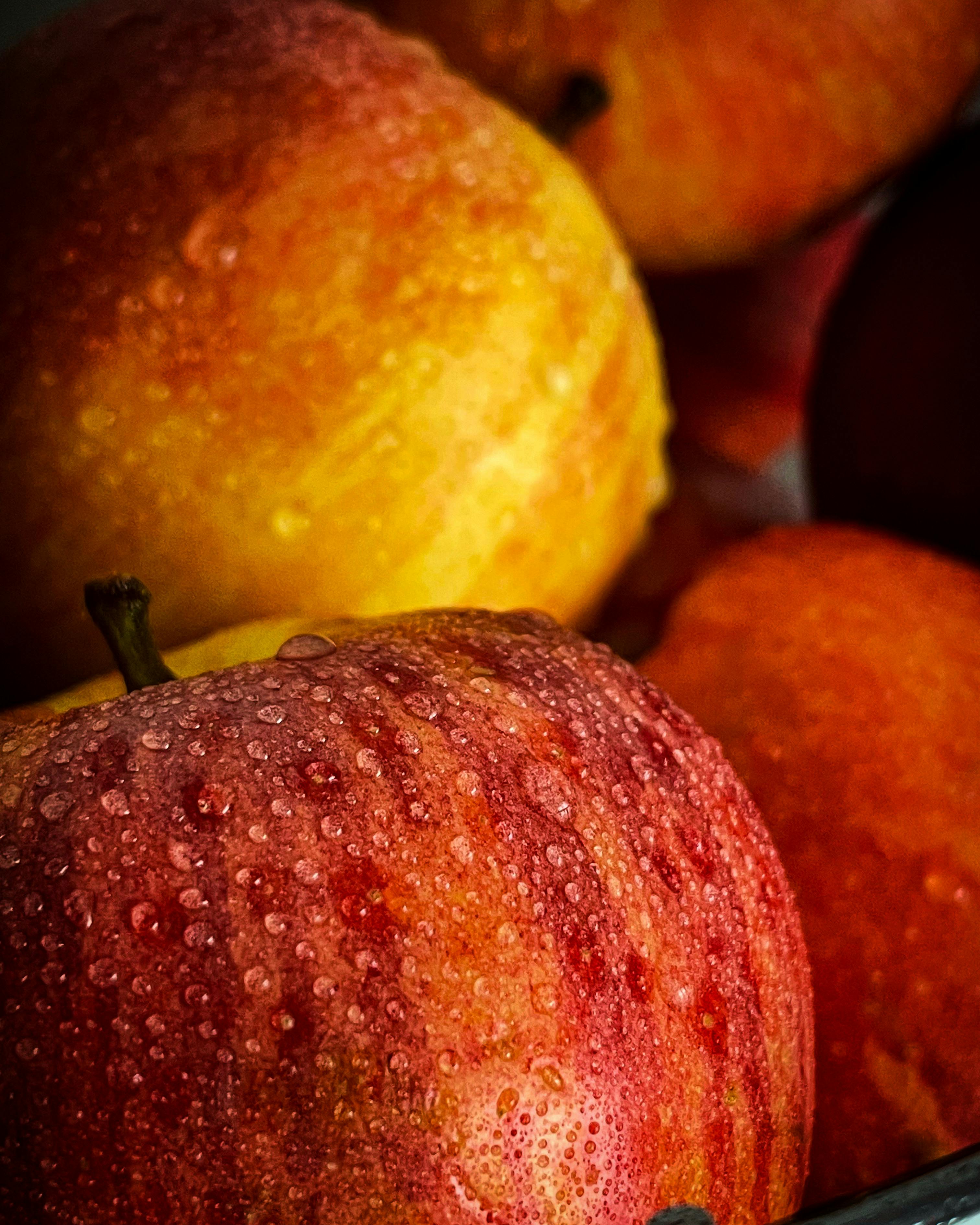Smart Ways to Understand if Vegetarians Can Eat Fish in 2025
Vegetarianism has long been a popular dietary choice for health-conscious individuals and ethical eaters alike. As the conversation around food continues to evolve, questions about the intersection of vegetarianism and pescatarianism—particularly whether vegetarians can eat fish—have gained traction. In a world where options for healthy eating are expanding, understanding these dietary classifications is essential, especially in 2025. This article explores the nuances of vegetarian diets, the role of fish within them, and the growing trend of pescatarianism.
Many people wonder why some vegetarians may choose to include fish in their diets. From health benefits to ethical considerations, various factors shape these dietary choices. Furthermore, we'll address common misconceptions about pescatarians, outline the health benefits of fish, and explore vegetarian meal options that incorporate seafood. By the end of this article, you will have a clearer understanding of vegetarianism in relation to fish consumption and how to navigate these dietary pathways.
In the following sections, we'll discuss the definitions of vegetarian and pescatarian diets, delve into the health implications of fish consumption, and examine reasons some vegetarians might choose to eat fish.
Defining Vegetarianism and Pescatarianism
To fully grasp the debate surrounding fish consumption among vegetarians, it’s crucial to define both vegetarianism and pescatarianism. At its core, vegetarianism encompasses diverse dietary practices where individuals abstain from eating meat, poultry, and seafood. However, this definition expands into various categories, which can lead to confusion.
Understanding Pescatarianism
The pescatarian diet is characterized by the inclusion of seafood. Pescatarians often consume fish and shellfish while avoiding meat from land animals. Many adopt this diet for health reasons, citing the health benefits of fish such as high-quality protein, omega-3 fatty acids, and essential nutrients that contribute to a balanced diet.
Vegetarian Diet Options
Vegetarians have numerous meal options that exclude fish yet still provide complete nutrition. Common practices among vegetarians include utilizing plant-based protein sources like legumes, beans, tofu, and quinoa. Understanding these options allows individuals to tailor their diets based on personal preferences and nutritional needs.
Common Misconceptions about Vegetarians
One prevalent misconception is that all individuals identifying as vegetarians strictly avoid all animal products, including fish. However, some choose a more flexible approach, occasionally consuming fish while aligning with their core ethical beliefs about land meat. This flexibility is vital in understanding the diverse ways vegetarianism exists in modern diets.
Health Benefits of Fish in Vegetarian Diets
Incorporating fish into a vegetarian diet can offer significant health benefits. Fish is known to be a rich source of protein and omega-3 fatty acids, which support heart health, brain function, and overall wellness. These nutrients are essential for vegetarians who may struggle to meet their protein needs through plant-based sources alone.
Fish as a Protein Source
For vegetarians who choose to eat fish, incorporating this protein can simplify meal planning. Fish is lower in saturated fat compared to red meat and can enhance dietary variety when mixed with other vegetarian ingredients. Understanding the nutritional value of fish allows vegetarians to make informed choices about their diet.
Health Implications of Fish Eating
From sustainability to ethical eating, the health implications of fish consumption are worth examining. Despite some arguments suggesting that eating fish may detract from fully vegetarian principles, others argue that the benefits, including fish's high nutritional profile and potential health outcomes, can outweigh these concerns. Proper sourcing of seafood also plays a significant role in making ethical choices.
Balancing Fish in Vegetarian Meals
Successful inclusion of fish in vegetarian meals requires balance and consideration of dietary preferences. Options such as grilled salmon salad or shrimp stir-fry provide nutrition without compromising the vegetarian foundation. Embracing creativity in meal planning can transform traditional vegetarian recipes into pescatarian delights, catering to diverse palates.
Ethical Considerations Surrounding Fish Consumption
Eating fish brings forth a myriad of ethical dilemmas, especially for vegetarians concerned about animal welfare. Understanding the ethical landscape can guide those who may choose to incorporate fish into their diets while remaining aligned with their values.
Exploring Ethical Vegetarianism
Ethical vegetarianism emphasizes compassion towards all living beings. For some, this includes refraining from consuming fish due to overfishing and unsustainable practices. Contrarily, others view eating responsibly sourced fish as an acceptable compromise to their ethical commitments, highlighting the need for mindful consumption.
Seafood Sustainability
Sustainability practices in seafood can greatly impact whether it aligns with vegetarian values. Consumers are encouraged to seek eco-friendly and ethically harvested options to minimize harm to the environment. Understanding seafood sustainability ensures that dietary choices contribute positively to health and the planet.
Common Questions about Vegetarian Diets
Many frequently asked questions arise concerning the role of fish in vegetarian diets. Questions often include the health benefits, ethical implications, and how to manage dietary restrictions. Addressing these inquiries can help broaden the conversation around fish consumption in vegetarianism and provide clarity for those navigating their dietary choices.
Conclusion: Embracing Dietary Flexibility
In conclusion, the conversation around whether vegetarians can eat fish continues to evolve. As more people embrace dietary flexibility, understanding what pescatarianism entails provides a relevant lens for those questioning their own choices. While ethical considerations and health benefits remain pivotal in deciding, the dietary landscape has become diverse enough to accommodate various perspectives.
For those interested in further reading on unique vegetarian diets and healthy meal options, explore our related articles. Always remember that a well-balanced diet—whether it includes fish or not—can support your health and align with your ethical beliefs.


